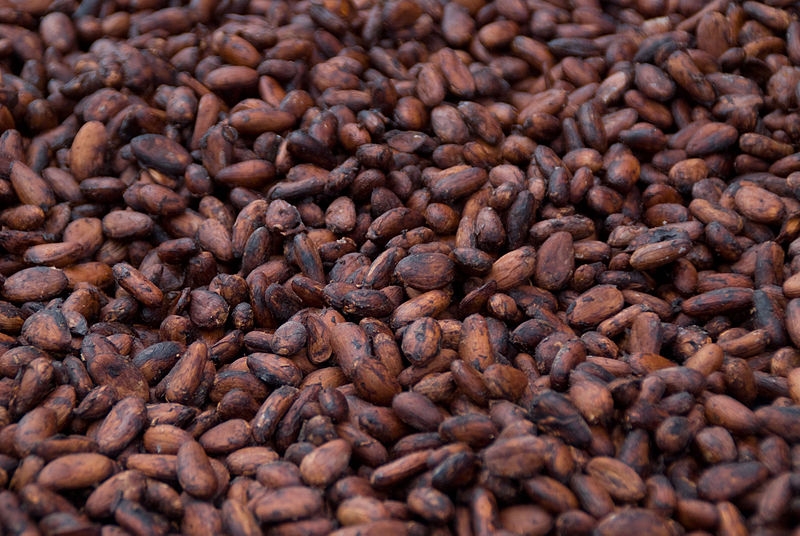Scientists urge action to save chocolate from climate change

Academics have warned that the cacao plant used to make chocolate could entirely disappear by 2050 due to climate change.
Half of the world’s chocolate is currently sourced from just two African countries: Côte d’Ivoire and Ghana, and changes in the amount of rain and sunshine could make growing the plant in these regions unsustainable.
The plant can only survive under very specific conditions, including consistent temperatures, high humidity and plenty of rainfall. This means that chocolate can only be commercially sourced within 20 degrees north and south of the equator. The Intergovernmental Panel on Climate Change has highlighted that these regions could experience a temperature increase of 2.1C by 2050 unless action is taken.
One of the initiatives being pursued by scientists at the University of California is to utilise new technology to help the plant survive. The team at Berkeley is working with the Mars company on gene-editing technology, called CRISPR, to prevent the plant from wilting and decaying in the uncertain years to come. The technology allows scientists to edit the DNA of plants to make them sturdier and more resilient to new environmental challenges.
Barry Parkin, Mars' chief sustainability officer, told Business Insider:
"We're trying to go all in here…There are obviously commitments the world is leaning into but, frankly, we don't think we're getting there fast enough collectively".
Doug Hawkins, from research firm Hardman Agribusiness, told The Daily Mail:
“Unlike other tree crops that have benefited from the development of modern, high yielding cultivars and crop management techniques to realise their genetic potential, more than 90 per cent of the global cocoa crop is produced by smallholders on subsistence farms with unimproved planting material”.
"All the indicators are that we could be looking at a chocolate deficit of 100,000 tonnes a year in the next few years".
Via Climate Action
Image Credit: Graham Crumb
If you’d like to stay informed on the latest updates in aid and development, please sign up for the AIDF newsletter.















